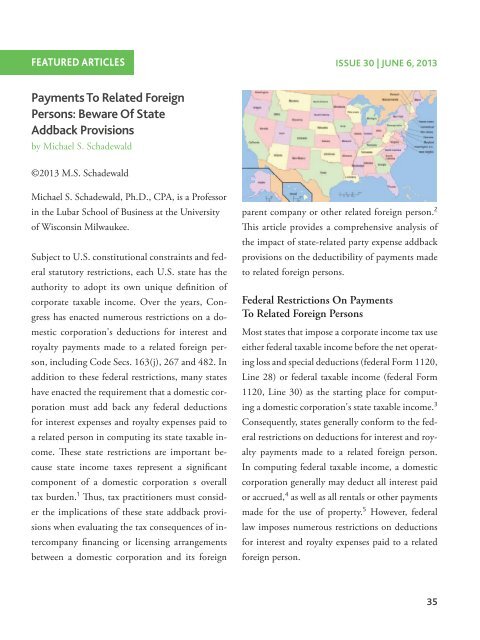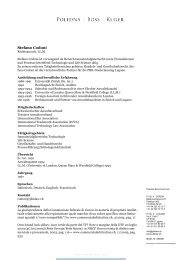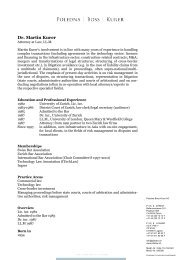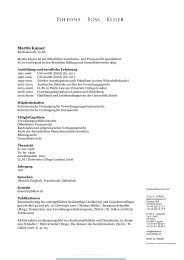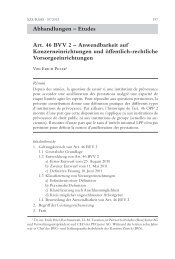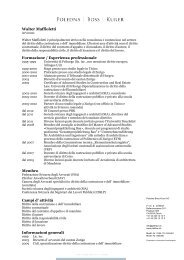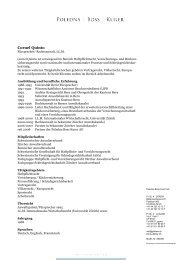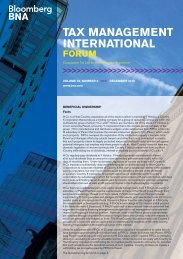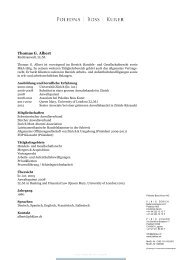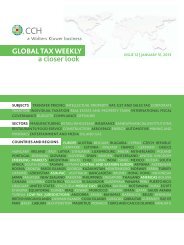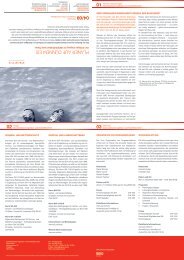721.8 kB - Poledna | Boss | Kurer
721.8 kB - Poledna | Boss | Kurer
721.8 kB - Poledna | Boss | Kurer
- No tags were found...
You also want an ePaper? Increase the reach of your titles
YUMPU automatically turns print PDFs into web optimized ePapers that Google loves.
FEATURED ARTICLESISSUE 30 | JUNE 6, 2013Payments To Related ForeignPersons: Beware Of StateAddback Provisionsby Michael S. Schadewald©2013 M.S. SchadewaldMichael S. Schadewald, Ph.D., CPA, is a Professorin the Lubar School of Business at the Universityof Wisconsin Milwaukee.Subject to U.S. constitutional constraints and federalstatutory restrictions, each U.S. state has theauthority to adopt its own unique definition ofcorporate taxable income. Over the years, Congresshas enacted numerous restrictions on a domesticcorporation's deductions for interest androyalty payments made to a related foreign person,including Code Secs. 163(j) , 267 and 482 . Inaddition to these federal restrictions, many stateshave enacted the requirement that a domestic corporationmust add back any federal deductionsfor interest expenses and royalty expenses paid toa related person in computing its state taxable income.These state restrictions are important becausestate income taxes represent a significantcomponent of a domestic corporation s overalltax burden. 1 Th us, tax practitioners must considerthe implications of these state addback provisionswhen evaluating the tax consequences of intercompanyfinancing or licensing arrangementsbetween a domestic corporation and its foreignparent company or other related foreign person. 2This article provides a comprehensive analysis ofthe impact of state-related party expense addbackprovisions on the deductibility of payments madeto related foreign persons.Federal Restrictions On PaymentsTo Related Foreign PersonsMost states that impose a corporate income tax useeither federal taxable income before the net operatingloss and special deductions (federal Form 1120,Line 28) or federal taxable income (federal Form1120, Line 30) as the starting place for computinga domestic corporation's state taxable income. 3Consequently, states generally conform to the federalrestrictions on deductions for interest and royaltypayments made to a related foreign person.In computing federal taxable income, a domesticcorporation generally may deduct all interest paidor accrued, 4 as well as all rentals or other paymentsmade for the use of property. 5 However, federallaw imposes numerous restrictions on deductionsfor interest and royalty expenses paid to a relatedforeign person.35


